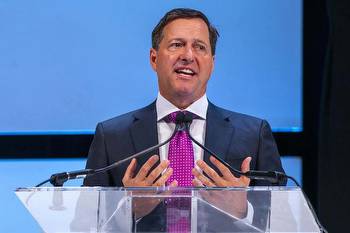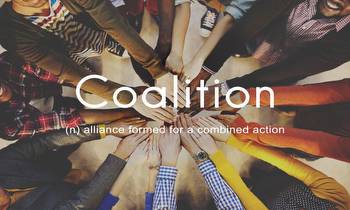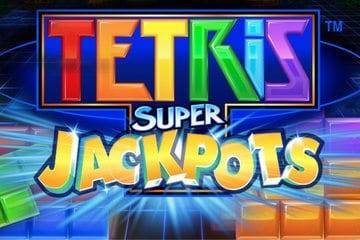Bill Miller: Federal response to illegal gambling needed

In May 2018, the U.S. Supreme Court issued its landmark decision to overturn the Professional and Amateur Sports Protection Act (PASPA), paving the way for legal sports betting across the country. Six years later, 38 states and Washington, D.C., now have legal wagering markets, working together with legal gaming operators, sports leagues and other stakeholders to establish robust regulated markets and oversight mechanisms that prioritize responsibility and integrity — much like the state regulatory structures that have effectively overseen commercial casinos for decades.
AGA research shows the legacy of PASPA’s invalidation is strong. Eighty-five percent of American adults agree with the Supreme Court’s decision, with 77% also supporting legal sports betting in their state. And since May 2018, legal sports betting has generated $5.3 billion for state tax coffers — including $583 million for Pennsylvania — going to public education, infrastructure, responsible gaming and problem gambling support, and more.
The legal market’s success six years post-PASPA is underpinned by its commitment to providing a safe and fair playing field. Today, if you open a legal sportsbook app on your phone, you’ll have access to responsible gaming resources like time limits, tips for setting and keeping a budget, and live support for those who may be struggling with addiction.
When it comes to preserving the integrity of competition, recent stories like Jontay Porter’s ban from playing in the NBA demonstrate that the legal market’s oversight mechanisms to identify bad actors and protect game integrity are working effectively.
Meanwhile, we continue to see examples of the illegal market not only continuing to operate but taking advantage of consumers. Charges brought against Ippei Mizuhara, interpreter for MLB superstar Shohei Ohtani, provide a timely reminder that, despite legal sports betting’s expansion across the U.S., the predatory illegal wagering market remains pervasive.
To be clear, illegal operators have no regard for responsibility nor do they provide the transparency necessary to safeguard competition integrity. In all, the American Gaming Association (AGA) estimates that Americans wager $64 billion with black market bookies and illegal online operators each year — most of it with offshore sites. Every dollar spent with an illegal operator rather than a regulated U.S. operator is money taken away from states to spend on critical projects.
While it’s been six years since widespread sports betting legalization began, it’s been more than twice as long since the federal government has taken significant action to combat illegal gambling in the U.S.
On April 15, 2011, a day known as “Black Friday,” the Department of Justice shut down the three largest illegal online poker sites in the nation by seizing their domains and charging them with violations of the Unlawful Internet Gambling Enforcement Act.
These actions by federal prosecutors sent a clear message: the federal government can and should crack down on unregulated online gambling operators. In the aftermath, each operator ended their unlicensed U.S. operations.
As proven by the enforcement successes of 2011, we do not have to accept these predatory, unregulated sports betting operators continuing to take advantage of Americans. But the DoJ has not taken similar action since, even as the evolution of technology and the internet have expanded the shadow of unregulated gambling exponentially in that last 13 years.
Thankfully, Congress has decided to act against offshore operators. In March, President Biden signed legislation that directs the DoJ to investigate and prosecute illegal gambling operators once again. Now, it’s critical that Congress and the DoJ follow through.
Like Black Friday in 2011, federal law enforcement should seize the domains of these offshore gaming websites. Not only has the federal government proven it has the tools at its disposal, but its legal actions will make doing business harder for offshore operators and signal to consumers that these sites are dangerous and illegal.
Allowing offshore operators to continue to operate freely and openly undermines the work of states, leagues and the legal industry to create a safer, regulated gaming environment that benefits consumers, communities and competition integrity.
Americans finally have real alternatives to the illegal market, and we once again have momentum for a federal crackdown on unregulated online gambling. We already have the playbook. Now, it’s long past time to kick these bad actors off the field.
Bill Miller is president and CEO of the American Gaming Association.

































